Delivery service
Free Worldwide Shipping & Returns
Free Worldwide Shipping & Returns
40% Discount for you
Tax Free Shopping
80,000+ Satisfied Customers
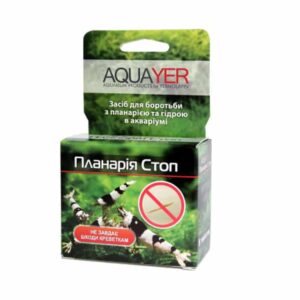 Aquayer Plan Stop 5 tablets
Aquayer Plan Stop 5 tablets
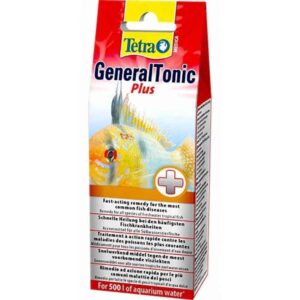 Tetra Med G-Tonic 20ml
Tetra Med G-Tonic 20ml
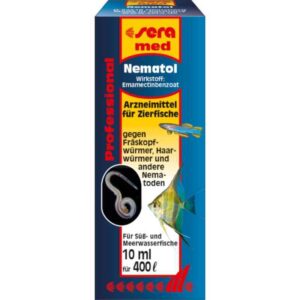 Sera med Professional Nema 10 ml
Sera med Professional Nema 10 ml
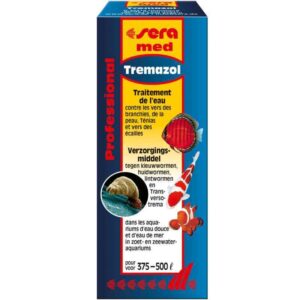 Sera med Professional Trema 25 ml
Sera med Professional Trema 25 ml
 Veterinary needle single 20G×1 ″, 0.9×25 mm 200 pcs
Veterinary needle single 20G×1 ″, 0.9×25 mm 200 pcs
 Hobby Viras 200ml (6.76oz)
Hobby Viras 200ml (6.76oz)
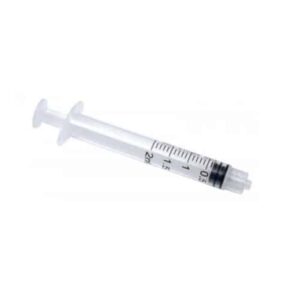 Disposable syringe 2 ml Luer Lock needle 0.6x25 mm Medicare, 100 pcs
Disposable syringe 2 ml Luer Lock needle 0.6x25 mm Medicare, 100 pcs
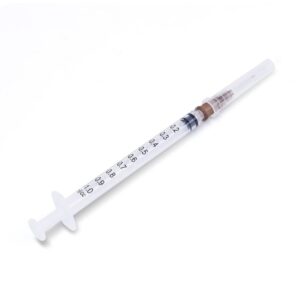 Disposable syringe 1 ml Alexpharm needle of 0,3х13 mm * 100 pcs
Disposable syringe 1 ml Alexpharm needle of 0,3х13 mm * 100 pcs
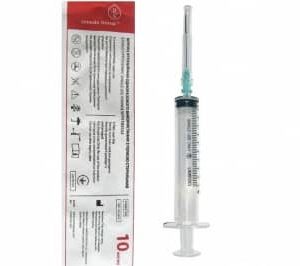 Disposable syringe 10 ml Luer Slip needle 0.8×38 mm Medicare, 100 pcs
Disposable syringe 10 ml Luer Slip needle 0.8×38 mm Medicare, 100 pcs
Showing the single result
Parasitic diseases of horses are one of the most serious problems in horse breeding. A horse affected by helminths (colloquially – worms) loses its ability to work, poorly eats food, and in severe cases can die. This is a serious, incurable disease is caused by strangulate, one of the varieties of worms. In the practice of the author of these lines, there was a case when a one-year-old filly died with symptoms of severe colic. Only the autopsy showed that the animal suffered from a massive invasion of parastacidae. Therefore, deworming should be an indispensable veterinary measure in all stables without exception. Scheduled deworming is performed twice a year – in spring and autumn. However, if your horse gets tired quickly, combs its tail, loses its appetite or, conversely, loses weight with an increased appetite, you should immediately contact your veterinarian. The veterinarian, if necessary, will conduct a coprological study to determine the type of helminths that affect the horse, and prescribe the most appropriate drug for treatment. Please note that in some helminthiasis, “inappropriate” use of drugs can lead to a worsening of the course of the disease.
When horses are kept in stable pasture, deworming should be planned so that it is carried out before being driven to pasture at the end of may, during the pasture period at the end of July, and before being stabled at the end of September. After pasture on the pasture in the stable, it is necessary to carry out mandatory disinfection.
No account yet?
Create an Account

